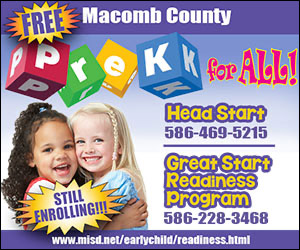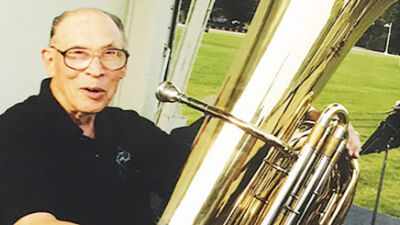WARREN — The city of Warren recently received its first payment from the opioid settlement of $567.383.61. Attorneys general around the country joined forces to go after the prescription drug companies that produce opioids, which include oxycodone (OxyContin), hydrocodone (Vicodin), morphine, and methadone.
“These companies had to pay billions of dollars to our (United States) government because they failed to inform the public, these medications were addictive. They encouraged doctors to push it and gave rewards for such (behavior),” said Warren Mayor James Fouts. “They did everything they could to basically get people addicted to opioids. That created a problem because opioids cost money.
“Then when people were fully addicted and they couldn’t spend any more money, then they had to go to the open market for heroin. And if heroin wasn’t bad enough then it was laced with fentanyl,” Fouts said.
Warren joins cities around the state, region and country that are receiving an opioid settlement from these large pharmaceutical companies.
In terms of the settlement awarded to the city of Warren, “They haven’t given us a specific figure,” said Fouts. “We are going to get incremental checks on a yearly basis for the next 18 years. We are going to get another check this year for more than $100,000 this year, making this year’s settlement closer to $700,000.”
According to the mayor, 500,000 people have died of opioid overdoses in the U.S. since 1999. An estimated 93,000 died of opioid overdoses in 2020 alone. Figures for Warren were not available.
According to Michigan Attorney General Dana Nessel’s website, the money is distributed in the following manner: “Each state’s share of the funding has been determined by agreement among the states using a formula that takes into account the population of the state along with the impact of the crisis on the state — the number of overdose deaths, the number of residents with substance use disorder, and the number of opioids prescribed.“
When asked what companies were involved in the settlement, Fouts said, “The settlement check is from a wide variety of companies, I don’t think they (the law firm) identified companies, they just say settlement.”
According to the mayor, at least 70% of the settlement funds must be used for programs that address substance abuse and embody the following principles: Spend the money to save lives; use evidence to guide spending; invest in youth prevention; focus on equality; and develop a fair and transparent process.
The mayor said he would like to see some of the money go to the following organizations: the 37th District Court drug court program, Families Against Narcotics, Live Rite Structured Recovery Corp., Eastside Alano Club (Alcoholics Anonymous) and Ask the Messengers.
This echoes the sentiments of some of the members of the Warren City Council, as well as some members of the community. The mayor and City Council have had a contentious relationship; however, on this matter, they appear to be in agreement.
City Council Secretary Mindy Moore said she would like to see continued and expanded use of NARCAN kits.
“When the firefighters go to a scene and give NARCAN to someone, that is perhaps ODing (overdosing). They leave a package there that contains NARCAN and other information so the family would have that readily available in case of an OD emergency,” said Moore.
Moore is currently investigating the feasibility of putting NARCAN dispensers in high schools. She said she is discussing this with school boards and state officials to see if that is something the city could do.
In addition, Moore said, “I would like expanding the drug court because they do some really good work.”
Warren City Council President and Mayor Pro Tem Patrick Green said, “I want to see it (the opioid settlement funds) spent in the city’s drug court. Helping people there. We’re looking at what is the best impact for those who are impacted by drug addiction and the opioid crisis.”
Warren resident Michael Howard said, “It is my hope and wish that when looking at what to do with the settlement funds we look at organizations like FAN and Hope not Handcuffs.
 Publication select ▼
Publication select ▼



























